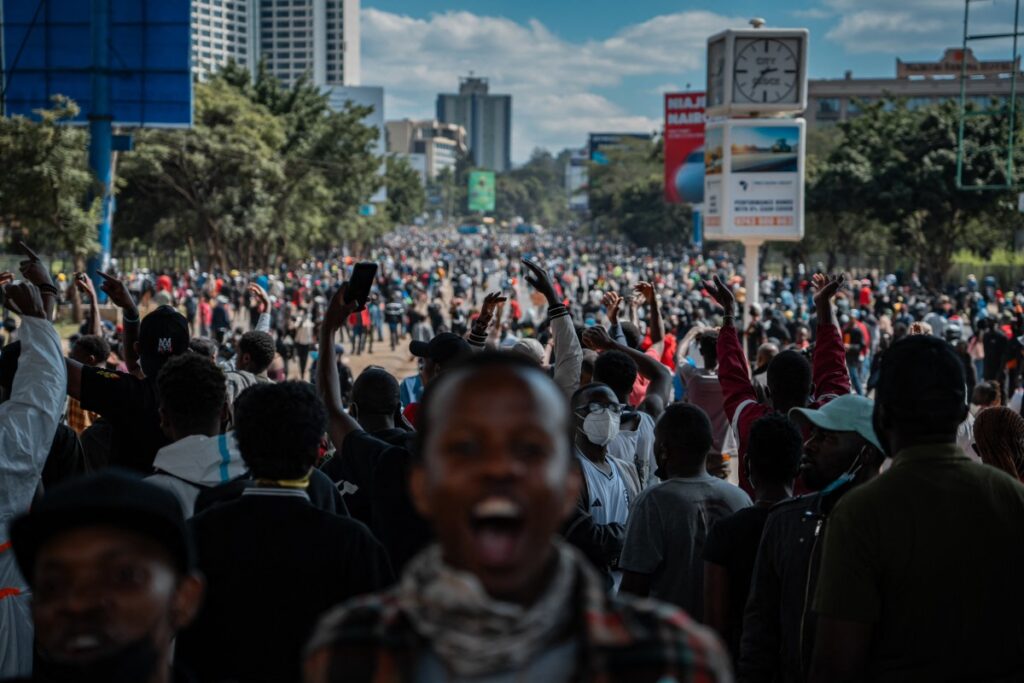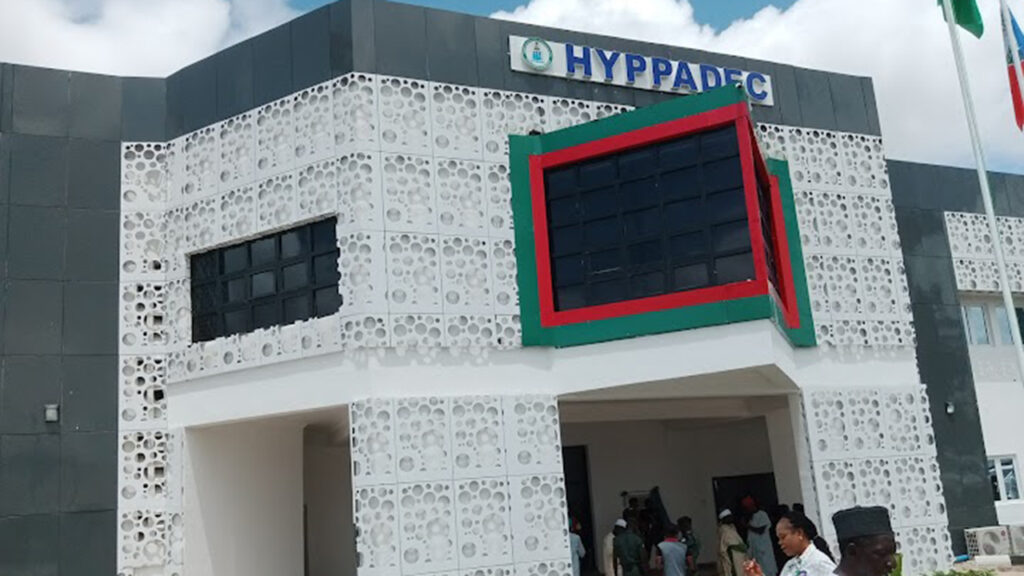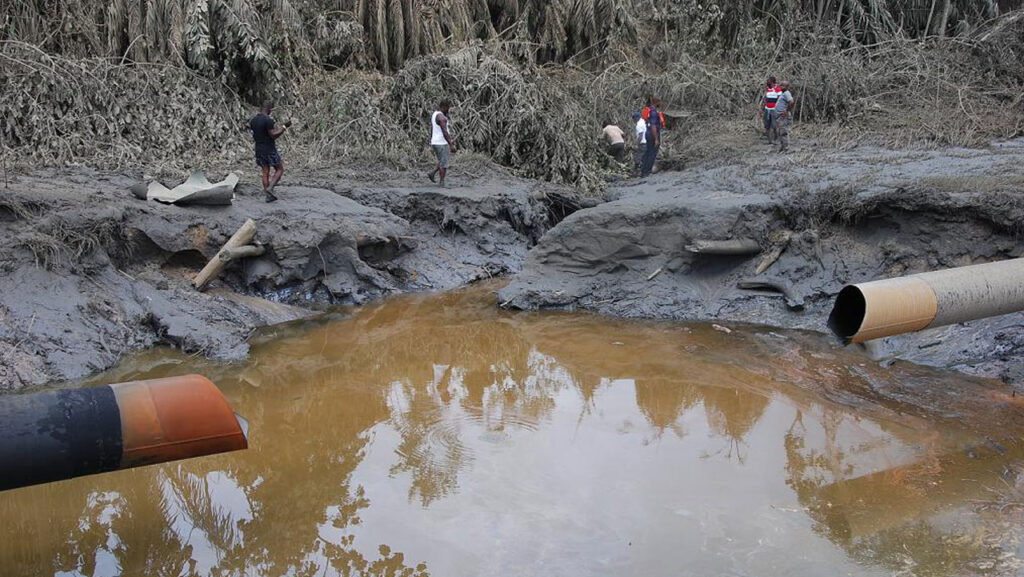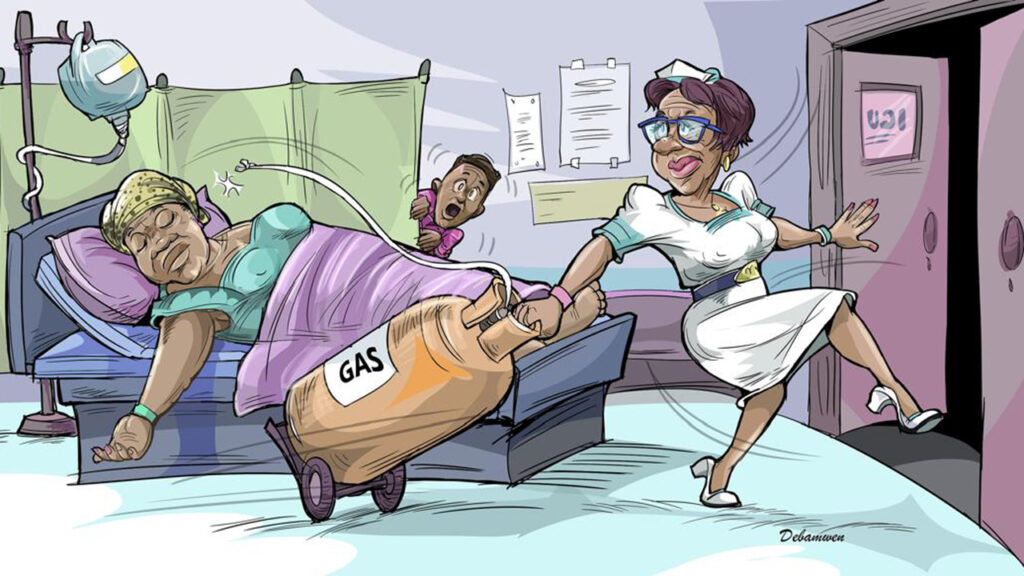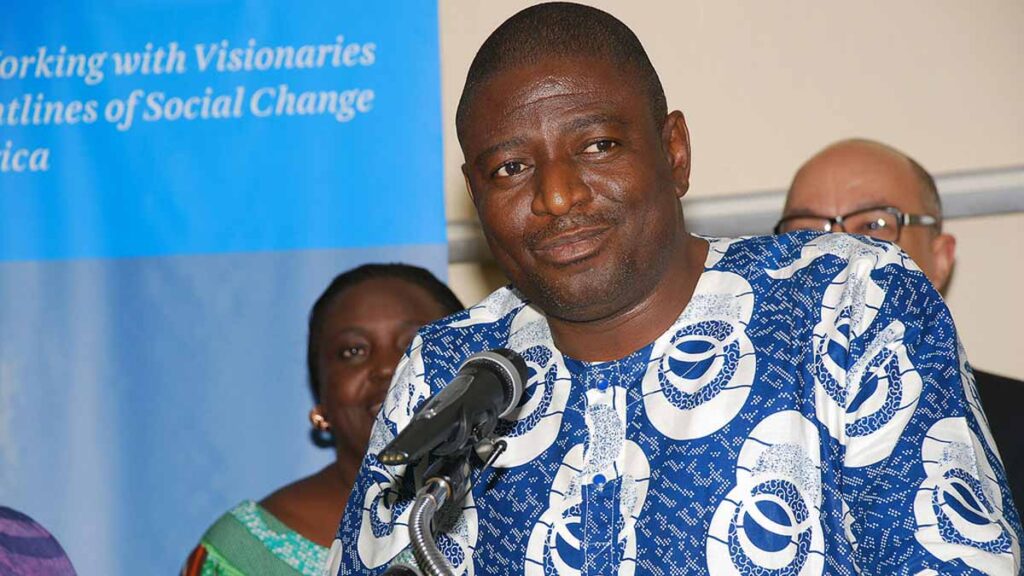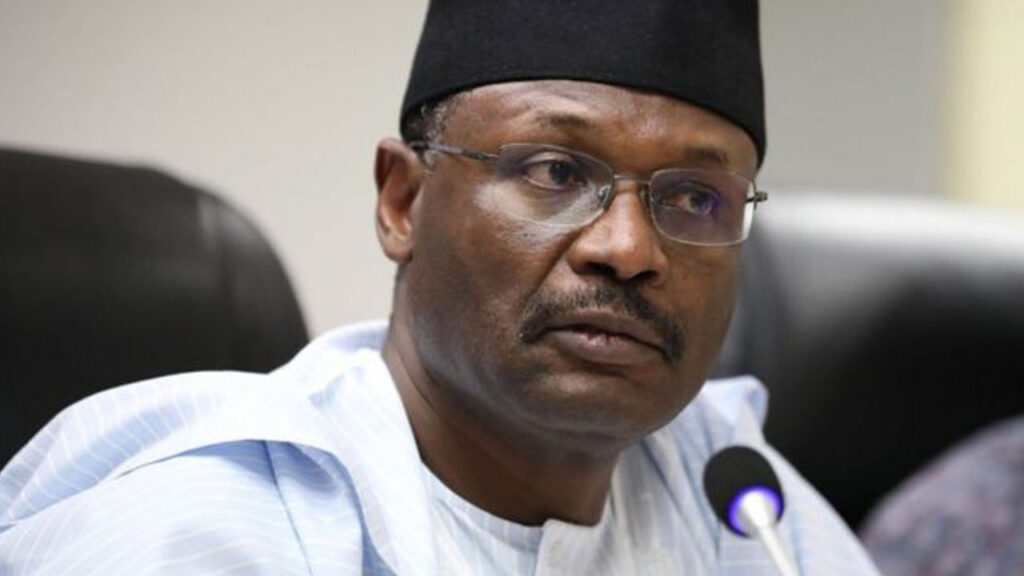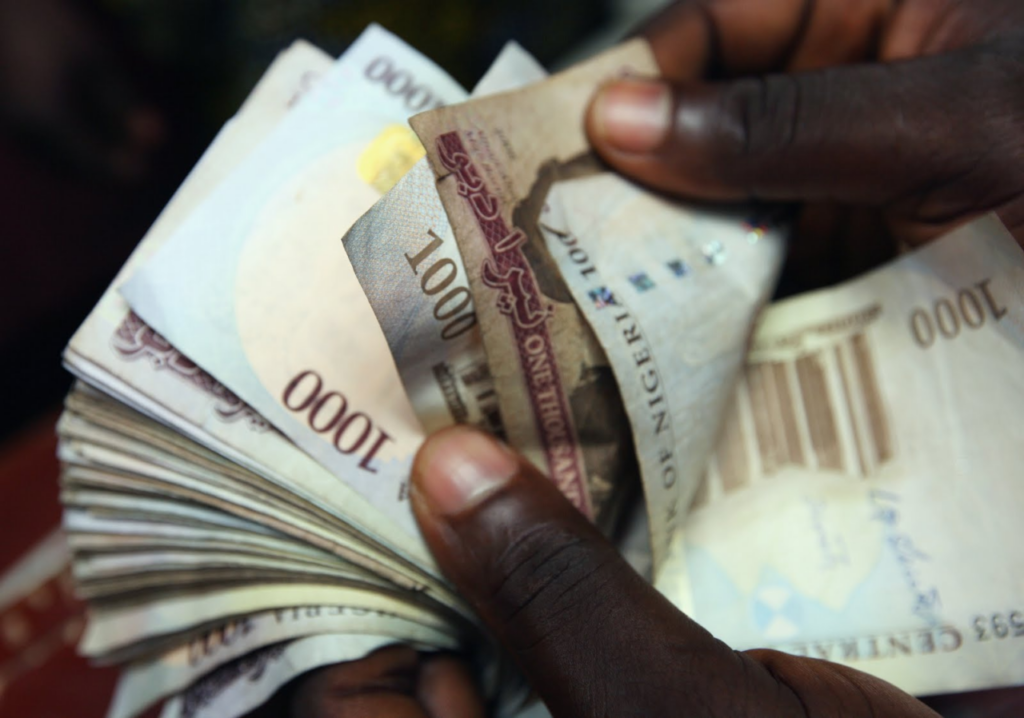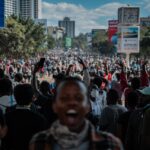Kenya found itself plunged into uncertainty on Wednesday following an unprecedented day of chaos and deadly violence, and after lawmakers passed deeply unpopular tax hikes that prompted demonstrators to ransack parliament.
How did East Africa’s economic powerhouse get to this point and what happens now?
– What happened? –
Tuesday’s national strike against tax hikes began peacefully, with mostly young demonstrators marching across the country, as they did last week.
But tensions later spiralled in the capital Nairobi as officers opened fire, shooting into crowds marching towards parliament, where lawmakers had been debating the finance bill containing the tax proposals.
Demonstrators then broke through police barricades, entering the parliamentary complex and vandalising it.
READ MORE: Five killed-31-wounded-in-kenya-protests-tuesday
The state-funded Kenya National Commission on Human Rights said it had recorded 22 deaths, and promised an investigation.
An official at Kenyatta National Hospital in Nairobi said Wednesday that it was treating “160 people… some of them with soft tissue injuries, some of them with bullet wounds”.
Looting also took place in Nairobi and other counties, while buildings were set on fire in the Rift Valley town of Eldoret, a stronghold of President William Ruto.
– What led up to this moment? –
Many Kenyans are deeply frustrated with the government as they struggle with a cost-of-living crisis — which the protesters say the hikes will only exacerbate.
The government’s initial proposal to tax bread purchases and car ownership sparked an outcry among young, Gen-Z Kenyans, who launched a movement dubbed “Occupy Parliament” last week.
Their protests — organised and livestreamed on TikTok, X and Instagram — remained largely peaceful as they drew more and more people, including older Kenyans, some of whom showed up to Thursday’s rally with their children.
The government withdrew some of the tax increases but protesters say they will settle for nothing less than a full withdrawal of the bill.
Andrew Smith, Senior Africa Analyst at risk intelligence company Verisk Maplecroft, said Ruto had “seriously misjudged the amount of anger among the population over the tax hikes and the underlying socioeconomic conditions”.
“Many protesters are also seriously disappointed in Ruto, who came into power in 2022 pledging to reduce living costs and has done exactly the opposite.”
Ruto’s government says the increases are necessary to cut reliance on foreign debt — which stands at roughly 10 trillion shillings — around 70 percent of GDP.
Kenya is under pressure from the IMF to slash its debt and boost revenues.
READ MORE: Kenyan protesters to return to streets over tax hikes
– What happens now? –
It is unclear what Ruto’s next move might be.
But protesters pledged Wednesday to continue marching, with organiser Hanifa Adan posting on X: “Tomorrow we march peacefully again as we wear white, for all our fallen people”.
“You cannot kill all of us.”
Demonstrators also shared “Tupatane Thursday” (“We meet Thursday” in Swahili), alongside the hashtag #Rejectfinancebill2024 on social media.
After a limited rollback of some hikes last week, Ruto is not offering more concessions.
Addressing a late-night briefing on Tuesday, he likened some of the demonstrators to criminals, warning that he would crack down on “violence and anarchy”.
The authorities have deployed the military to tackle what they describe as a “security emergency”.
Analyst Smith said the deployment “could reduce protests, or we could see even higher levels of violence and protests expanding to other parts of the country.”
On Tuesday, as chaos raged outside, parliament passed the contentious bill containing the tax hikes, which must be signed by Ruto to become law.
“Ruto still has a way out of the situation by refusing to sign the bill and sending it back to parliament,” Smith said.
But a new bill would likely take many months to formulate, he added.
With the tax measures due to take effect on July 1, the start of Kenya’s financial year, time is not on Ruto’s side.


